Schindler, Otis, and KONE Lead Australia’s USD 1.4 Billion Elevator Market by 2030
Published: 2025-09-20
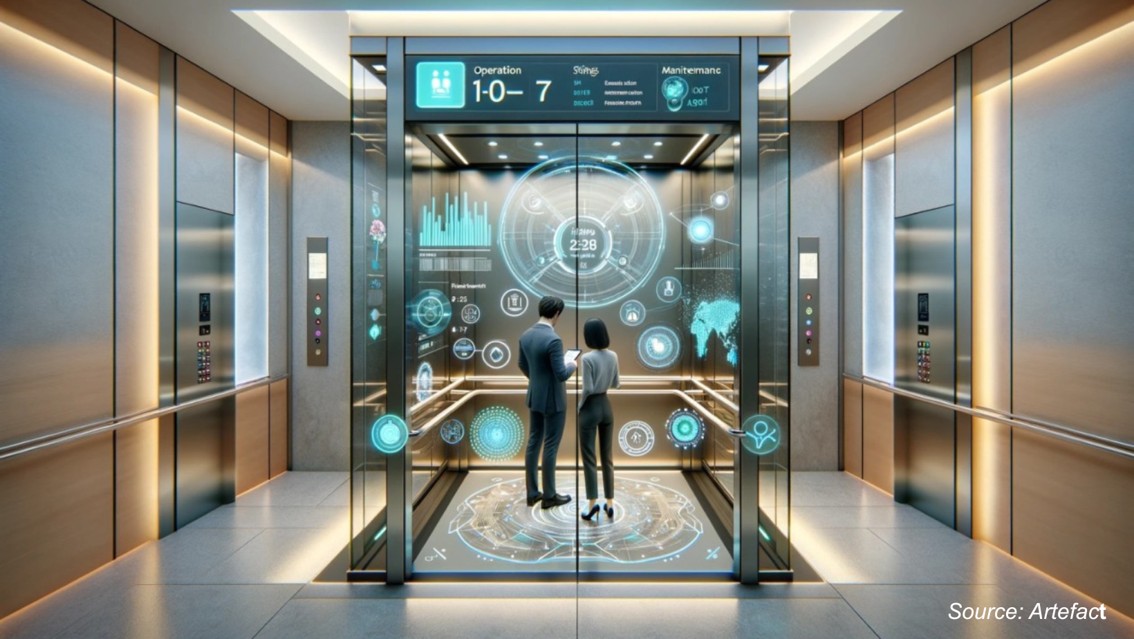
As per the NMSC analysis, Australia Elevator Market is set to maintain strong growth momentum, with market size expected to nearly double between 2025 and 2030, reaching around USD 1437.2 million by 2030. Valued at USD 1002.2 million in 2024, the industry is projected to rise to USD 1064.3 million by 2025, marking a solid CAGR of 6.19%.
In terms of volume, the Australia elevator market revenue recorded 6,185 units in 2024, with forecasts indicating growth to 6,506 units by 2025 and further to 8,536 units by 2030, reflecting a CAGR of 5.6% over the same period. This growth is being propelled by rapid advancements in elevator automation, increased integration of AI-powered systems, and rising demand for energy-efficient and smart vertical mobility solutions.
Additionally, the push for real-time operational efficiency and modernization across commercial, residential, and industrial buildings is reshaping the Australia elevator market demand with significant opportunities emerging in sectors like real estate, infrastructure, transportation, and high-rise urban development.
Australia Elevator Market Overview
The Australia elevator market trends is experiencing steady growth, fueled by rapid urbanization, infrastructure development, and an increasing number of high-rise residential and commercial buildings. As cities like Sydney, Melbourne, and Brisbane continue to expand vertically, the demand for modern, efficient, and sustainable elevator systems is rising. Property developers are prioritizing elevators that offer high speed, energy efficiency, and smart features to meet both regulatory standards and user expectations.
Technological advancements, including IoT-enabled monitoring, AI-driven predictive maintenance, and touchless control systems, are transforming the elevator landscape in Australia. These innovations are enhancing operational efficiency, safety, and user experience.
Additionally, a strong push toward green building practices is driving the adoption of eco-friendly elevator solutions. With growing investments in urban infrastructure and a focus on smart city development, the elevator sector is becoming a key component in Australia's built environment evolution.
Several major companies dominating the Australia elevator industry include Schindler Group, Otis Elevator Company, TK Elevator, Kone Corporation, Mitsubishi Electric Corporation, Toshiba, Hitachi, and Fujitec, among others. These global leaders are spearheading innovation in vertical transportation across Australia, offering advanced, energy-efficient, and smart elevator solutions tailored to the country’s growing urban landscape.
With strong emphasis on digitalization, automation, and sustainable design, these companies are actively investing in research and development to deliver cutting-edge elevator systems. Their commitment to safety, performance, and modern aesthetics is reshaping Australia’s built environment, making them key enablers of vertical mobility in high-rise residential, commercial, and infrastructure projects nationwide.
Curious about the Australia Elevator Market? Download FREE Sample Now!
Highlights of Schindler Group
Schindler Group, headquartered in Switzerland, is one of the world's leading providers of elevators, escalators, and moving walkways. It has a substantial presence in the Australia elevator market, supplying vertical transportation solutions to commercial, residential, and infrastructure projects across the country.
Schindler’s advanced mobility solutions are particularly relevant in Australia’s growing urban centres, such as Sydney, Melbourne, and Brisbane, where high-rise developments are fueling demand for smart and energy-efficient elevators. The company is also known for integrating digital services and maintenance solutions, aligning well with the technological expectations of modern Australian buildings.
In 2024 and early 2025, Schindler has continued to expand its portfolio with a strong focus on digital transformation and sustainability. Notably, the company has been advancing its Schindler Ahead platform, a smart IoT-enabled service that enhances elevator performance and uptime, particularly relevant for Australia’s high-density urban developments.
In addition, Schindler has been involved in key Australian infrastructure and high-rise projects, leveraging its new-generation elevator models that focus on energy efficiency and AI-driven predictive maintenance. This strategic alignment positions Schindler as a key player in Australia’s elevator modernization wave, supporting both new construction and the retrofitting of older buildings in line with green building standards.
Highlights of Otis Elevator Company
Otis Elevator Company, one of the oldest and largest elevator market manufacturers globally, plays a vital role in the Australian vertical mobility sector. The company has a significant presence in Australia, providing solutions for high-rise buildings, transport infrastructure, hospitals, and commercial complexes.
Otis is known in the Australia elevator industry for its energy-efficient Gen2 elevators, SkyRise systems, and smart maintenance technologies. With Australia experiencing rapid urban growth and vertical densification, particularly in cities like Sydney and Melbourne, Otis has been a preferred partner for developers focusing on quality, safety, and sustainability in elevator systems.
In 2024 and moving into 2025, Otis has expanded its digital service offerings, including enhancements to its Otis ONE IoT platform, which provides real-time elevator monitoring and predictive maintenance, services especially relevant for Australia’s aging infrastructure and modern smart buildings.
Additionally, Otis introduced upgrades to its Gen360 platform, aligning with Australia’s growing demand for intelligent, connected, and sustainable elevator solutions. Otis also partnered with multiple Australian property developers for new mixed-use and commercial high-rises, strengthening its footprint in the region. These moves reflect Otis’s strategic investment in Australia’s evolving elevator market, particularly in response to increasing urbanization and smart city initiatives.
Highlights of KONE Corporation
KONE Corporation is a global leader in the elevator and escalator industry, headquartered in Finland. It designs, manufactures, installs, and services elevators and escalators worldwide. In Australia, KONE is a significant player in the vertical transportation market, contributing to infrastructure and commercial developments across major cities.
The company is involved in numerous urban and residential projects, offering tailored solutions for both new buildings and modernization of existing elevator systems. Through its Sydney and Melbourne operations, KONE supports Australia's growing demand for safe, sustainable, and connected vertical mobility, aligning with the nation's focus on smart city development and urban densification.
In recent 2024 developments, KONE launched KONE DX Class Elevators, equipped with built-in connectivity, APIs, and customizable digital experiences, marking a major innovation in elevator technology. These elevators are now being adapted to meet Australia’s evolving urban infrastructure needs, especially in high-rise residential and commercial buildings.
These digitally enhanced elevators offer energy efficiency, predictive maintenance, and user-focused upgrades, which are increasingly demanded in Australia’s construction sector amid tightening sustainability regulations. This innovation positions KONE as a leader in shaping the next generation of elevators in the Australia elevator industry, particularly as new smart building projects continue to grow in cities like Sydney and Brisbane.
Highlights of Mitsubishi Electric Corporation
Mitsubishi Electric is a leading global manufacturer of elevators, escalators, and building systems, known for its advanced safety, automation, and energy efficiency technologies. In Australia, the company is an established player, offering tailored elevator solutions across residential, commercial, and infrastructure projects.
Its Australian branch, Mitsubishi Electric Australia, delivers vertical transportation systems and modernization services compliant with Australian Building Codes and sustainability targets. With offices in Sydney and other cities, the brand actively contributes to infrastructure upgrades in both high-rise construction and urban renewal developments.
In 2024, Mitsubishi Electric introduced NEXIEZ-S MRL, an advanced machine room-less elevator aimed at mid- to high-rise buildings. It features enhanced energy efficiency, smart group control systems, and space-saving design, key elements appealing to Australia’s urban construction sector. This elevator model supports Australia’s move toward green buildings and intelligent infrastructure, particularly in cities like Sydney, Melbourne, and Brisbane, where sustainability and space optimization are top priorities.
Highlights of TK Elevator
TK Elevator is a global leader in vertical transportation solutions, recognized for its emphasis on safety, innovation, and smart mobility systems. In Australia, the company operates extensively across metropolitan hubs like Sydney, Melbourne, and Brisbane, delivering elevators, escalators, and modernization services that align with national building codes and sustainability goals.
TK Elevator supports a wide range of projects, from residential towers to large-scale infrastructure developments, offering tailored solutions that prioritize energy efficiency, digital monitoring, and ease of maintenance. The company’s service network and use of predictive maintenance technology through its MAX platform have strengthened its position in the Australia elevator market.
In recent years, TK Elevator has focused on enhancing mid-rise building solutions through its Synergy and Evolution product lines. These machine room-less elevators feature regenerative drives, compact designs, and enhanced ride comfort, all critical to Australia's drive toward greener and smarter cities. TK Elevator’s integration of IoT-based monitoring and lifecycle efficiency tools helps developers and property managers achieve better uptime and building performance, making the company a key enabler in Australia’s transition to sustainable, intelligent urban infrastructure.
Highlights of Fujitec
Fujitec, headquartered in Japan, is a specialized manufacturer of elevators, escalators, and moving walkways. In Australia, Fujitec has had a presence through its subsidiary Fujitec Australia Pty Ltd, serving major urban centers with tailored vertical transportation solutions. The company focuses on both new building installations and modernization services across the residential, commercial, and industrial sectors. Fujitec’s Australian offerings prioritize efficiency, safety, and smart mobility—key considerations in a market focused on urban density, aging infrastructure, and green building standards.
In 2024, Fujitec launched its advanced ZEXIA elevator series, built for high-rise buildings with intelligent control, energy efficiency, and ride comfort. These elevators are designed to support urban smart mobility, which aligns closely with Australia's emphasis on high-density development and sustainable building practices.
The ZEXIA series features include regenerative drives and destination control systems, helping reduce energy use while improving traffic flow within buildings. This product launch strengthens Fujitec’s relevance in the Australia elevator market, particularly as developers look for compact, eco-friendly, and intelligent mobility systems to meet the country’s evolving infrastructure needs.
Summary of the Australia Elevator Market
The Australia elevator market expansion is undergoing a steady transformation, influenced by urban infrastructure developments and the modernization of aging building systems. While new installations are slowing due to stagnant urbanisation rates and reduced construction activity, the demand for modernization and maintenance services is on the rise.
Smart elevator solutions, such as AI-enabled predictive maintenance, destination control systems, and energy-efficient technologies are becoming key growth drivers as commercial and residential buildings seek to improve vertical mobility and sustainability.
Both domestic and international elevator manufacturers are focusing on integrating IoT, AI, and cloud-based monitoring systems to enhance safety, optimize traffic flow, and reduce downtime. These advancements are particularly relevant across Australia's high-density urban areas and aging building stock.
Additionally, sectors such as healthcare, hospitality, and public infrastructure continue to invest in elevator upgrades, promoting accessibility and regulatory compliance. This evolving landscape highlights the growing importance of smart, connected elevator ecosystems in boosting efficiency, safety, and user experience across Australia’s built environment.
About the Author
 Mayurima Roy is a seasoned researcher with over two years of experience, specializing in various industry verticals such as Elevator market, electric ATV & UTV market, recycling market, and consumer electronics. With a strong passion for writing, she views blogging as a valuable platform to share her industry insights and expertise. Outside of tracking market trends and developments, Mayurima enjoys crafting, cooking, and exploring her creativity through photography.
Mayurima Roy is a seasoned researcher with over two years of experience, specializing in various industry verticals such as Elevator market, electric ATV & UTV market, recycling market, and consumer electronics. With a strong passion for writing, she views blogging as a valuable platform to share her industry insights and expertise. Outside of tracking market trends and developments, Mayurima enjoys crafting, cooking, and exploring her creativity through photography.
About the Reviewer
 Sikha Haritwal is a researcher with more than 3 years of experience. She has been keeping a close eye on several industry verticals, including Banking, Financial Services, and Insurance (BFSI), personal care products, and consumer electronics. She has avid interest in writing news articles and hopes to use blog as a platform to share her knowledge with others. When she is not following industry updates and trends, she spends her time reading, writing poetry, cooking, and photography.
Sikha Haritwal is a researcher with more than 3 years of experience. She has been keeping a close eye on several industry verticals, including Banking, Financial Services, and Insurance (BFSI), personal care products, and consumer electronics. She has avid interest in writing news articles and hopes to use blog as a platform to share her knowledge with others. When she is not following industry updates and trends, she spends her time reading, writing poetry, cooking, and photography.
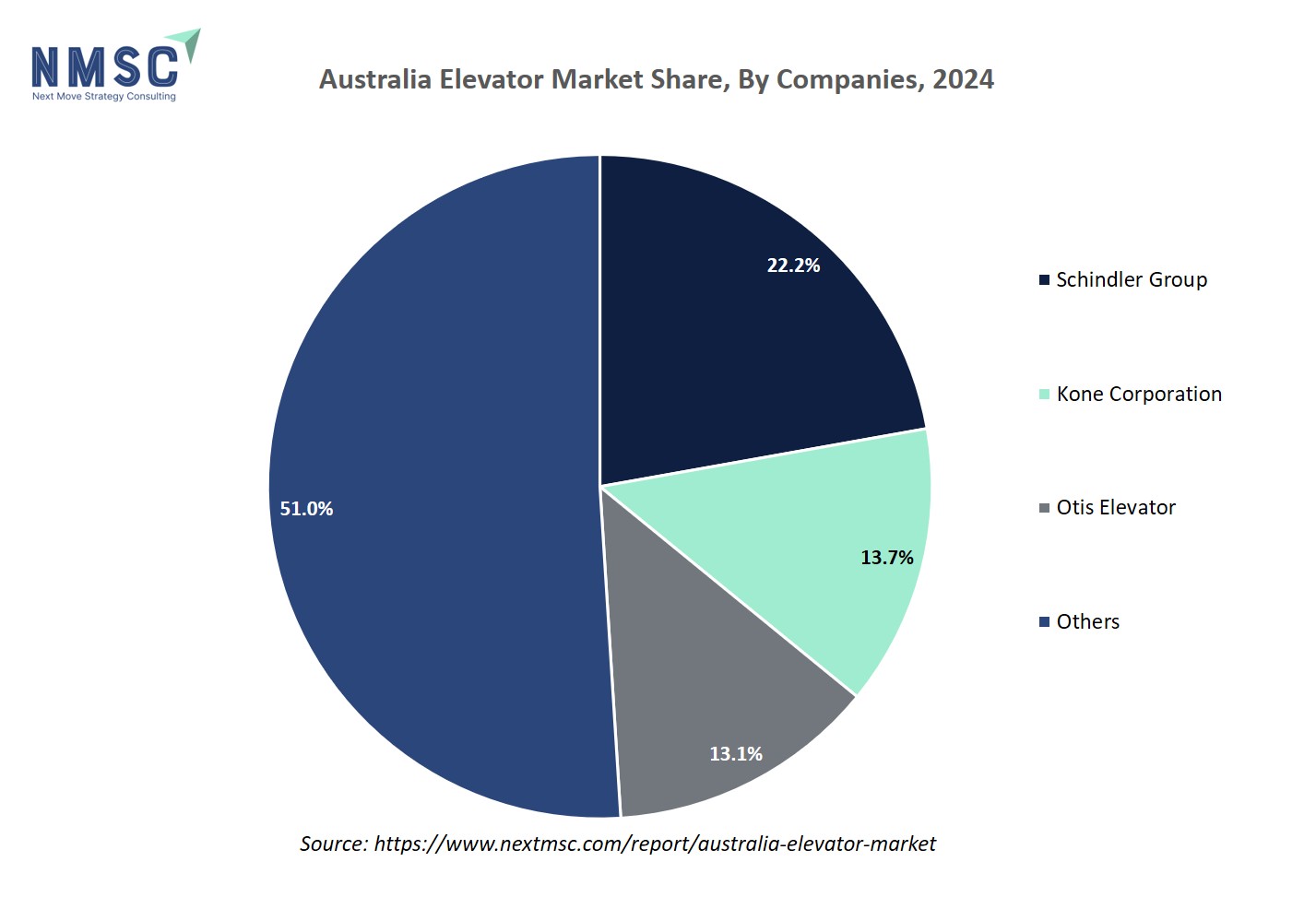
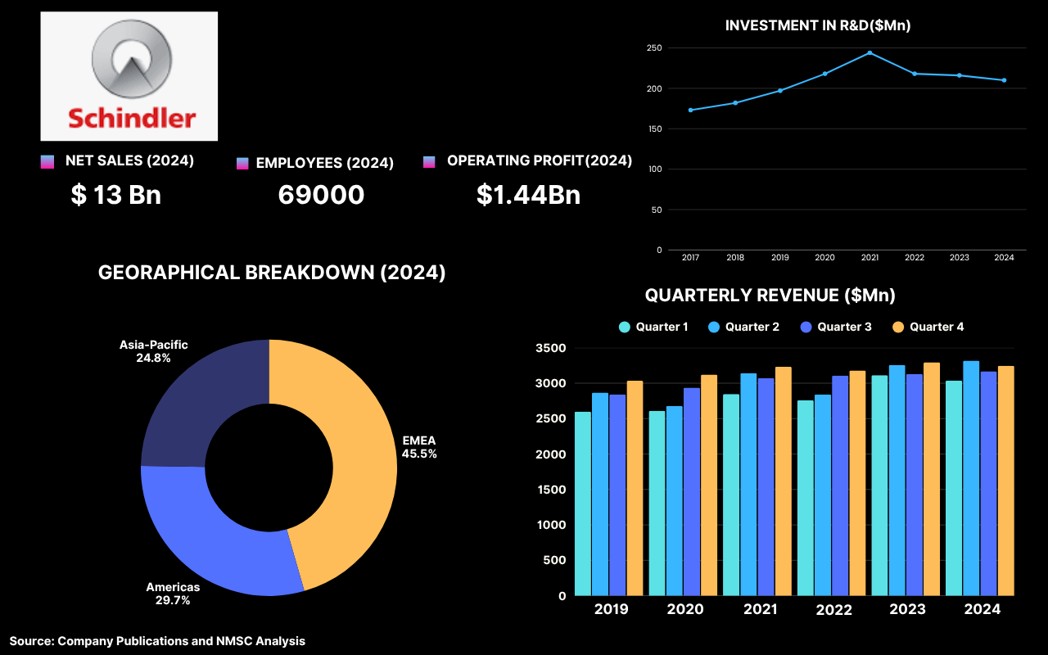
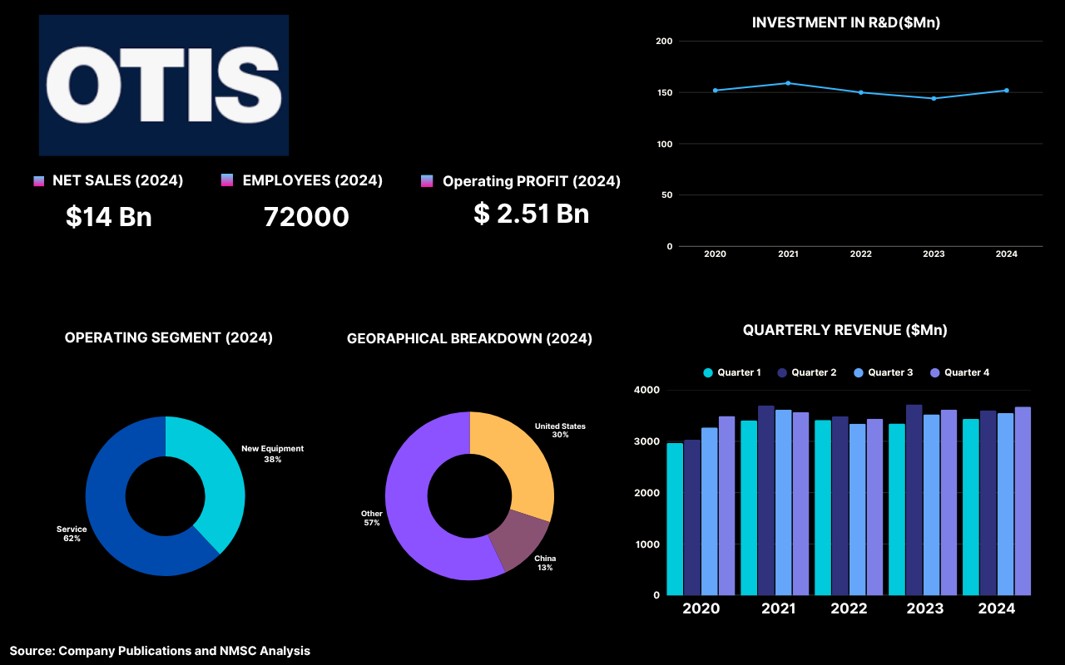
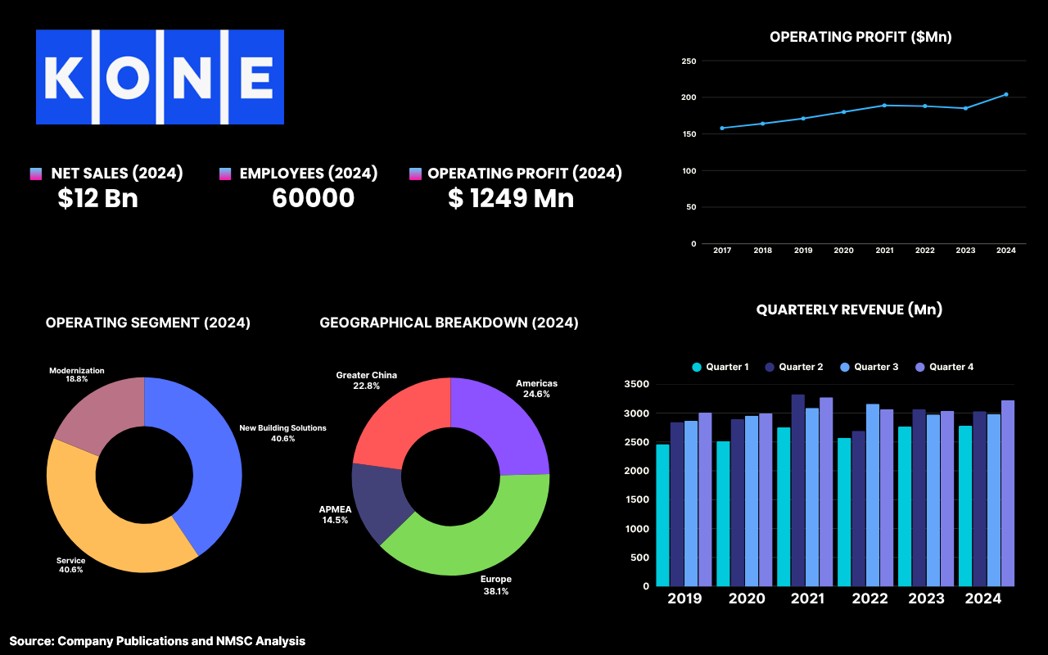
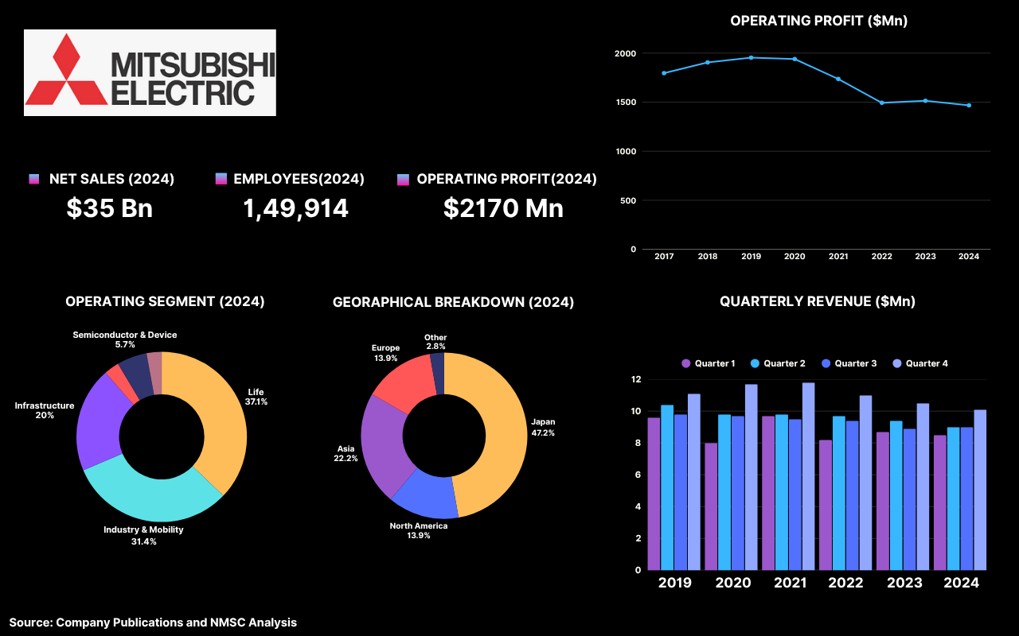
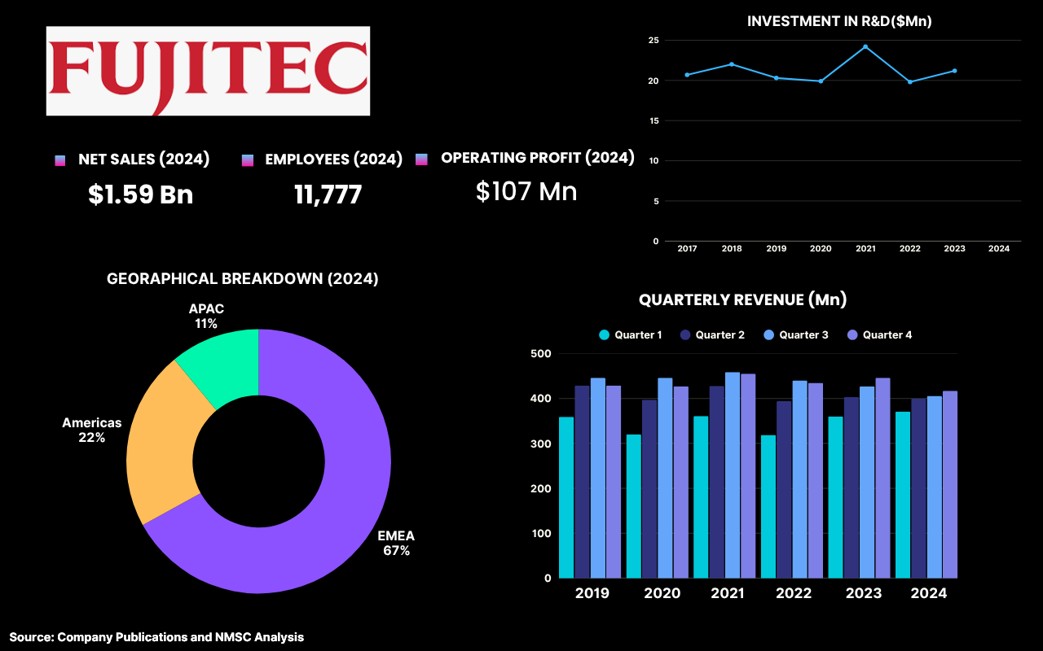








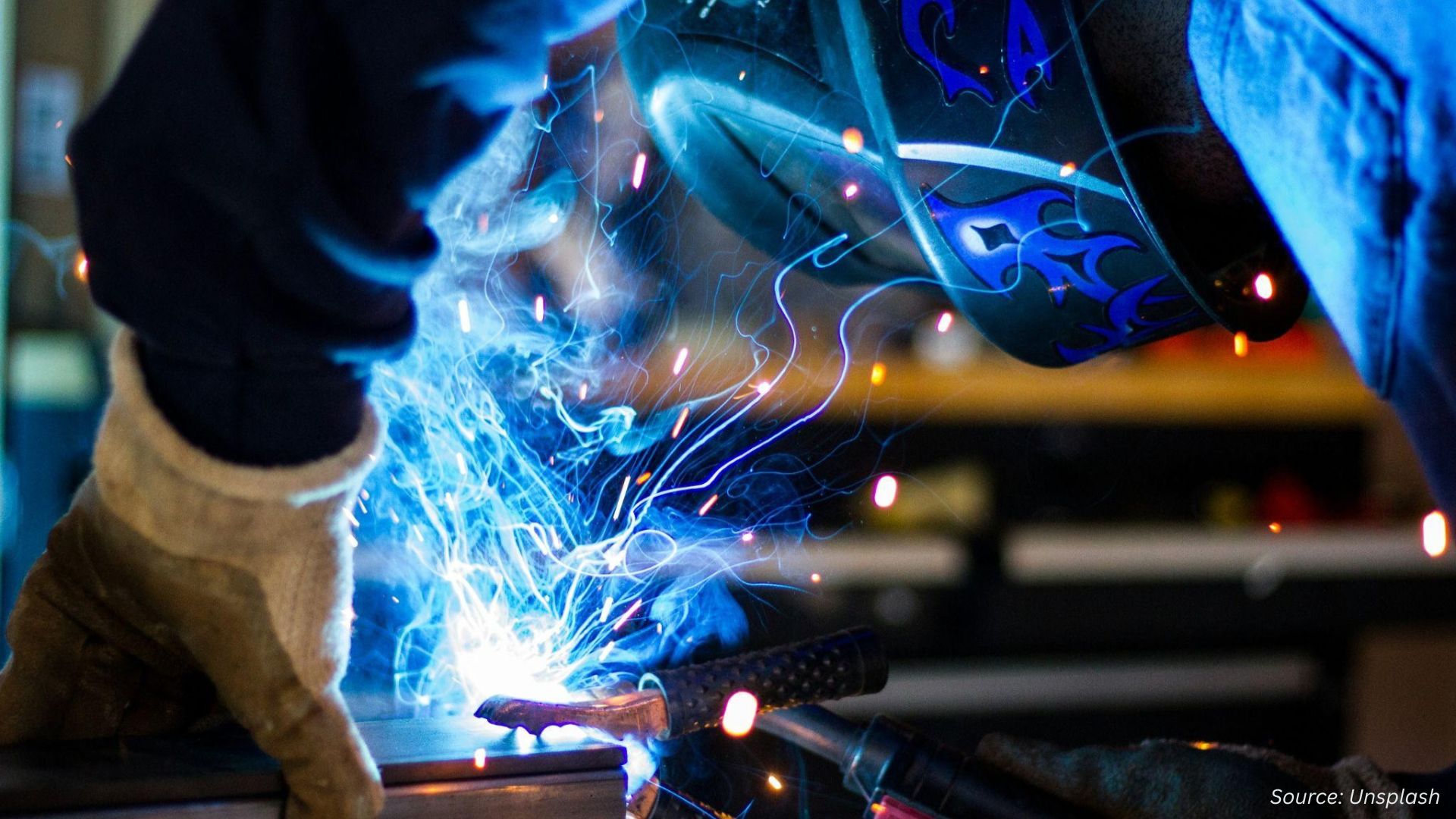


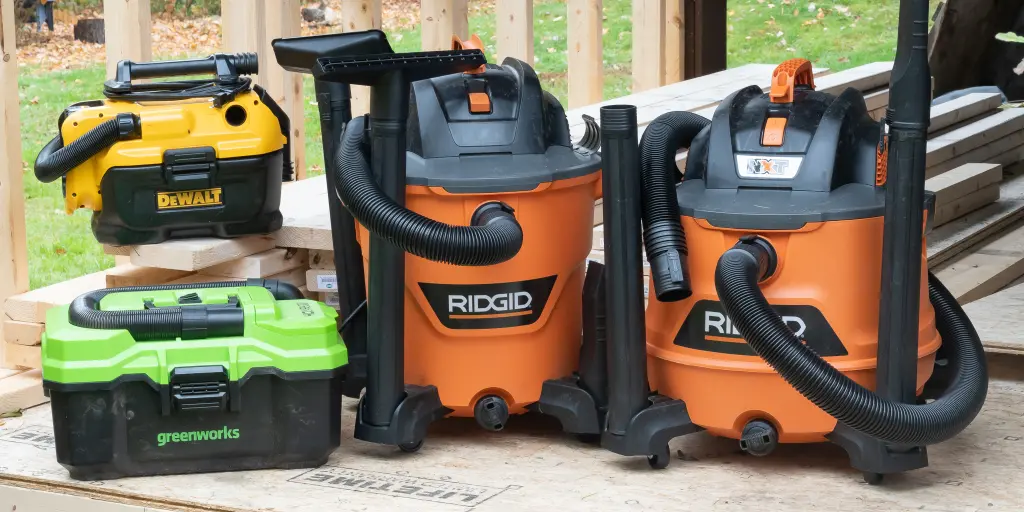




Add Comment